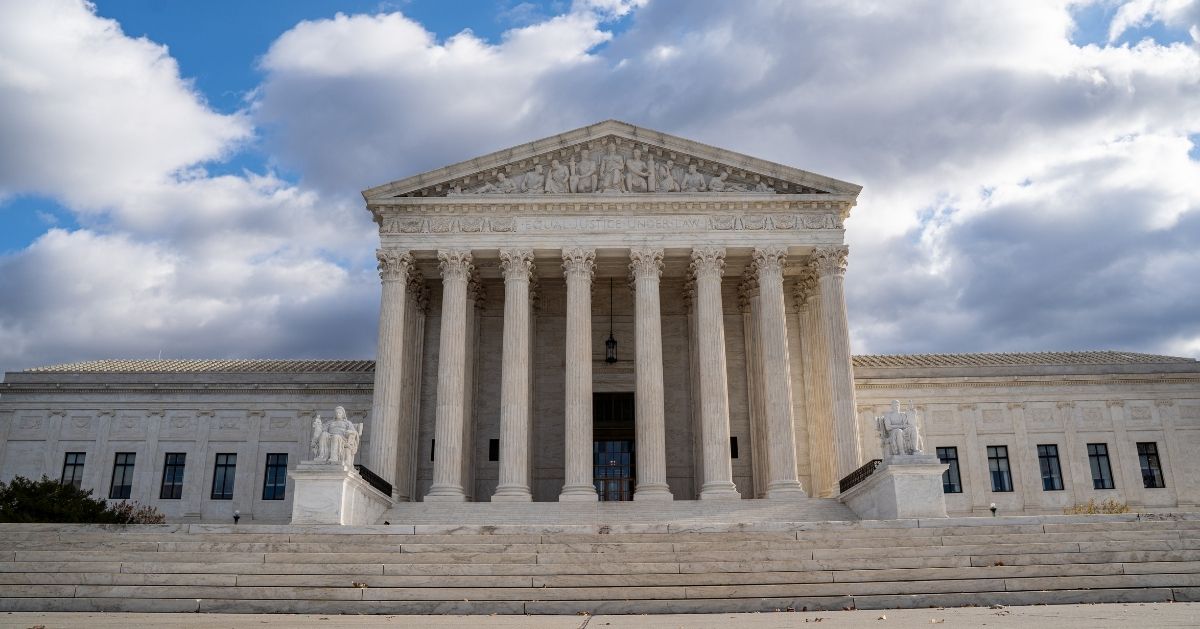Initially, the controversy ignited when Hunter Biden was spotted at a lavish $500-per-night South African villa. This incident coincided with his expected appearance at a court deposition, raising questions about his commitment to legal proceedings.
President Trump voiced his criticism over the expenditure on Hunter's extensive security detail through a post on Truth Social, highlighting the financial burden on U.S. taxpayers. Hunter was assigned 18 Secret Service agents, whereas Ashley had 13.
Subsequently, Trump broadcasted his decision to cut off their Secret Service protection, emphasizing the need to reduce undue costs incurred by the government.
Understanding the Financial Implications and Presidential Discontent
Trump's remarks extended to condemning South Africa's human rights track, which further influenced his policy direction concerning financial relations between the U.S. and South Africa. He publically noted the cessation of economic and financial assistance to South Africa due to these concerns.
This action mirrors Trump’s history of minimizing Secret Service details, similar to his previous reductions for other officials like Mike Pompeo and John Bolton.
The Secret Service, under the guidance of spokesperson Anthony Guglielmi, affirmed that it would comply with the presidential directive to cease the Biden siblings' protection, marking a significant pivot in protocol since former President Biden had extended this security measure during his last weeks in office.
Broader Context of Hunter Biden's Legal and Financial Troubles
It is relevant to note that Hunter Biden had previously reported financial strain, struggling with income from his memoir and art sales, compounded by the need to relocate due to wildfires.
Hunter faces twin criminal cases, with Federal prosecutor Derek Hines, recently promoted in Pennsylvania, overseeing the proceedings. These developments add layers to the ongoing narrative about his financial and legal troubles.
Amid this situation, some supporters frame Trump’s decision as an effort to ease federal financial burdens. Former White House aide Garrett Ziegler echoed this sentiment, suggesting that Joe Biden should cover the cost of his son's protection.
Public and Political Reaction to the Secret Service Cut
In reaction to Trump's announcement, discussions in political and public domains have intensified regarding the appropriateness of lifelong Secret Service protection. Trump himself questioned the perpetual nature of such security details in his statements.
Trump’s strategic communication on Truth Social has been at the forefront of this decision, underscoring his commitment to cutting unnecessary government expenditure. His comments about the overstaffed nature of the details protecting Hunter and Ashley highlighted his fiscal and security policy mindset.
The broader implications of these protective cuts are under scrutiny as they reshape perceptions of security entitlements for political families and the fiscal responsibility aligning with national interests.
Next Steps in the Secret Service and Biden Family Transition
As the Secret Service commences the formal process of withdrawing the Biden siblings' protection, expected to start next Tuesday, various stakeholders are closely monitoring the transition's efficacy and legal propriety.
Meanwhile, the discussion continues regarding the balance between security needs and taxpayer burdens, reflecting a broader dialogue about public resource allocation and personal accountability in political families.
In summary, President Trump’s decision reshapes the security landscape for Hunter and Ashley Biden and signals a potential shift in how U.S. politics and governance perceive and manage presidential protections.

